Sexual Education for Midlife Women: Navigating Changes with Knowledge
As midlife women, our journey through this new chapter often comes with surprises, especially when it comes to our sexuality. Contrary to common assumptions, midlife and sex education are deeply intertwined. The reality is that many of us have been inadequately prepared for this period in our lives. The sex education we received in our youth primarily focused on reproduction and contraception, leaving us unprepared for the shifts in our sexuality as we enter midlife.
With the changes our bodies undergo during this time, understanding our sexuality becomes more crucial than ever. You might wake up one day and find yourself questioning, “Who am I as a sexual being?” realizing you lack the answers. In my work, I fill this gap, providing sexual education tailored to the unique needs of midlife women so they feel equipped with the knowledge and skills to embrace their sexuality and thrive in midlife and beyond.
But why is this knowledge so vital?
Learning about our sexual anatomy and pleasure are the most powerful tools we have when it comes to menopause, and here are just some of the reasons why knowing yourself intimately can be game changing in midlife:
Understanding Menopause and Hormonal Changes:
Sexual education in midlife allows for a thorough understanding of menopause, its symptoms, and the physiological changes that affect your sexual health often associated with the decline in estrogen. Knowledge about the constellation of symptoms known as Genitourinary Syndrome of Menopause and which include vaginal dryness, burning and irritation; pain and lack of lubrication during sex; and increased urinary frequency, leakage and UTIs, enables you to proactively manage your sexual health and seek appropriate treatments.
Exploring Sexual Anatomy and Function:
A fundamental component of sexual education involves exploring female anatomy as well as the sexual response cycle and understanding how these evolve with age. Educating ourselves about the impact of hormonal fluctuations on vaginal and pelvic floor structures, as well as the dynamics of desire and arousal, fosters a deeper understanding of our bodies and sexuality. This knowledge empowers us to address common midlife sexual concerns such as decreased libido, reduced sexual sensation and quality of orgasms through informed decision-making and proactive strategies such as lifestyle modifications, use of hormone therapy, lubricants and pelvic floor exercises.
Promoting Sexual Health and Intimacy:
Sexual education promotes sexual health and intimacy by providing information on maintaining a fulfilling and satisfying sex life. This includes discussions on strategies to enhance sexual pleasure, communication techniques with partners, and the importance of intimacy beyond physical satisfaction. By fostering open dialogue and providing practical guidance, sexual education can empower you to prioritize your sexual well-being and maintain healthy relationships.
Prevention and detection of health Issues: Understanding your sexual health can facilitate the prevention and early detection of various health issues that become more common in midlife, such as pelvic organ prolapse, urinary incontinence, and certain gynecological cancers. Knowledge about the structure and function of reproductive organs enables you to recognize abnormal symptoms, seek timely medical advice, and undergo recommended screenings and examinations for early detection and treatment of potential health concerns.
Body image and self-acceptance: Midlife can be a time of significant physical and psychological changes, including shifts in body image and self-esteem. A crucial aspect of sexual education is fostering positive body image and self-acceptance as we go through the menopausal transition. Education about the diversity of women's bodies and experiences can allow us to make peace with our midlife bodies and encourage the prioritization of self-care and appreciation of the amazing things our bodies can do for us.
So where do we start? Getting to know yourself intimately can feel daunting or confrontational, but it’s important for reconnecting with and embracing our body. A practice that I recommend to clients is vulva gazing - taking the time to observe and appreciate your vulva with curiosity, acceptance and love.
Many women feel ashamed of or insecure about their bodies, this practice encourages you to cultivate a more positive relationship with your vulva and build self-confidence. It’s an act of sexual empowerment, encouraging you to become more familiar with your body and enhance self-pleasure. Discussions surrounding female genitalia are often shrouded in secrecy, shame, and misinformation. Vulva gazing challenges these taboos by fostering open and honest dialogue about women's bodies. It can also, for some women, be a deeply spiritual practice.
To practice vulva gazing find a quiet and comfortable space where you can relax and focus on your body without judgment or distraction. It may include using a mirror to observe the vulva's appearance, exploring sensations through touch, or simply sitting in stillness and directing positive thoughts toward the body.
Remember, the purpose of this practice is to befriend your body and become more intimate with yourself - not to judge, but to love yourself more deeply.
